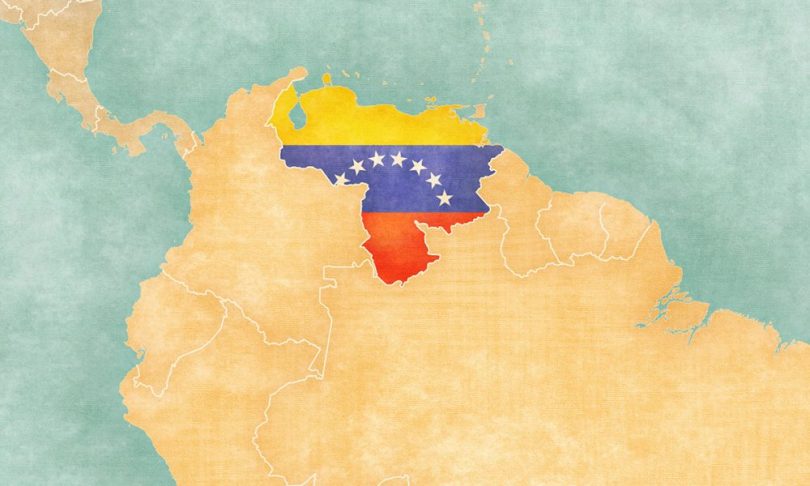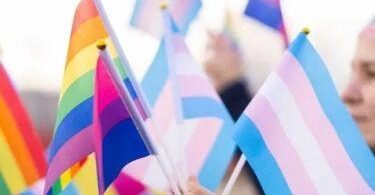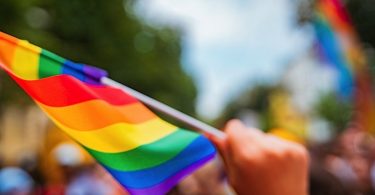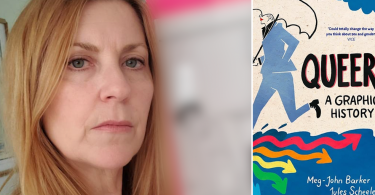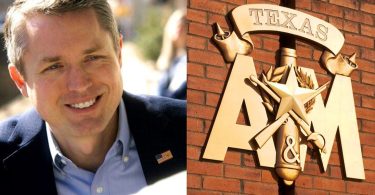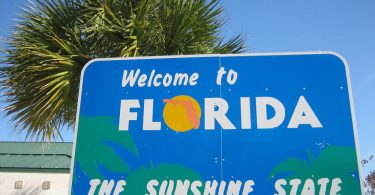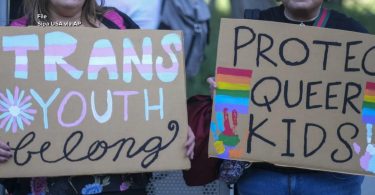Venezuela’s LGBTQ community is in an extremely vulnerable situation due to the increasing repression and systematic human rights violations that President Nicolás Maduro’s regime has perpetrated after July 28’s disputed election.
Local activists and international organizations have widely documented the situation, and the queer community is one of the groups most affected by this wave of repression.
A prominent Venezuelan LGBTQ activist, who has requested anonymity for fear of reprisals, has described the situation as desperate.
“In Venezuela, unlike most Latin American countries, no meaningful recognition has been achieved for the LGBTIQ+ population,” she said in an interview with Washington Blade from Caracas, the Venezuelan capital. “There is no equal marriage, no identity recognition for trans people, and existing anti-discrimination laws are never enforced in practice. This has led the community to seek new forms of resistance, such as supporting opposing candidates.”
The activist highlighted the lack of recognition and protection of rights has led to a consolidation around presidential candidate Edmundo González and other opposition figures.
American Secretary of State Antony Blinken and other global figures say González defeated Maduro in the July 28 election. González on Sept. 8 arrived in Spain where he received asylum.
The Maduro regime since the disputed election has launched a fierce crackdown on human rights.
Hate speech from Attorney General Tarek William Saab, who has called transgender people “human aberrations,” and others has intensified the climate of hostility.
Diosdado Cabello, the political head of the United Socialist Party of Venezuela, has launched systematic attacks against LGBTQ activists who are fighting for civil and democratic rights. Repression has increased in the wake of the election, with more than 1,500 arbitrary arrests and summary convictions.
The situation is even more critical for LGBTQ activists, who have been targeted for illegal searches and arbitrary arrests.
Among the prominent cases is that of Yendri Velasquez, an activist who authorities detained at Caracas’s Simón Bolívar International Airport after they arbitrarily revoked his passport. Although he was released, his case highlights the dangerousness of the situation.
“Other cases, such as that of Nelson Merino and the recent raids on the homes of Koddy Campos and Leandro Viloria, underscore the imminent risk faced by LGBTIQ+ rights defenders,” said the activist who spoke anonymously with the Blade
In a context of increasing repression, the Venezuelan National Assembly recently passed a law that severely limits the operations of NGOs, endangering many organizations working to defend human rights.
“This law follows the model of repression observed in Nicaragua, where civil society organizations have been dissolved en masse,” said the activist from Caracas. “The cancellation of more than 23,000 passports without legal justification has been reported, a measure that affects numerous citizens, including the LGBTIQ+ community seeking asylum abroad.”
The Inter-American Commission on Human Rights has denounced the situation in Venezuela as a case of “State Terrorism.”
“The LGBTIQ+ community in Venezuela, already one of the most vulnerable, now faces exacerbated risk due to systematic repression and human rights violations,” said the activist, who urged the international community to intervene. “The situation is critical and international pressure is our only hope to stem this wave of repression and protect those on the front lines of defending our rights.”
“In this context of oppression and violence, Venezuela’s LGBTIQ+ community continues to face monumental challenges in its struggle for equality and justice, while the government appears increasingly authoritarian and repressive,” she added.

